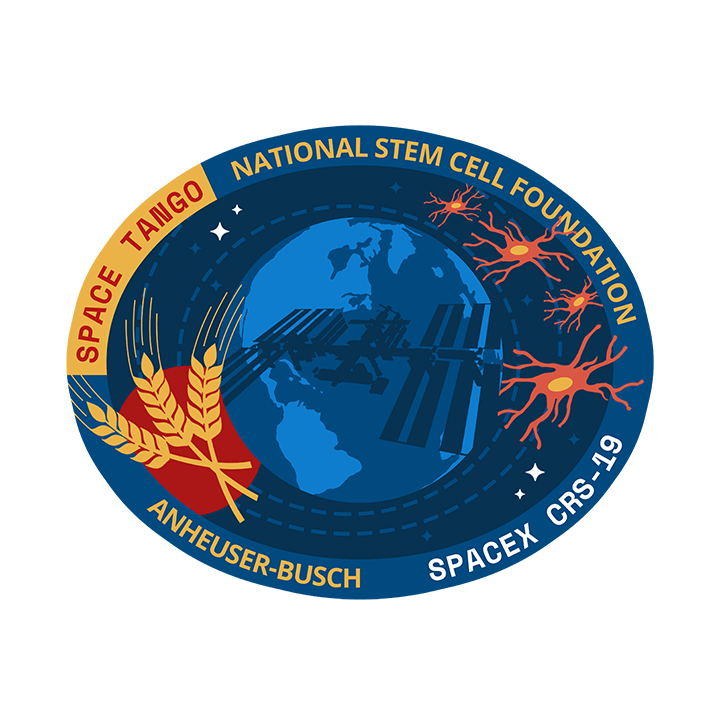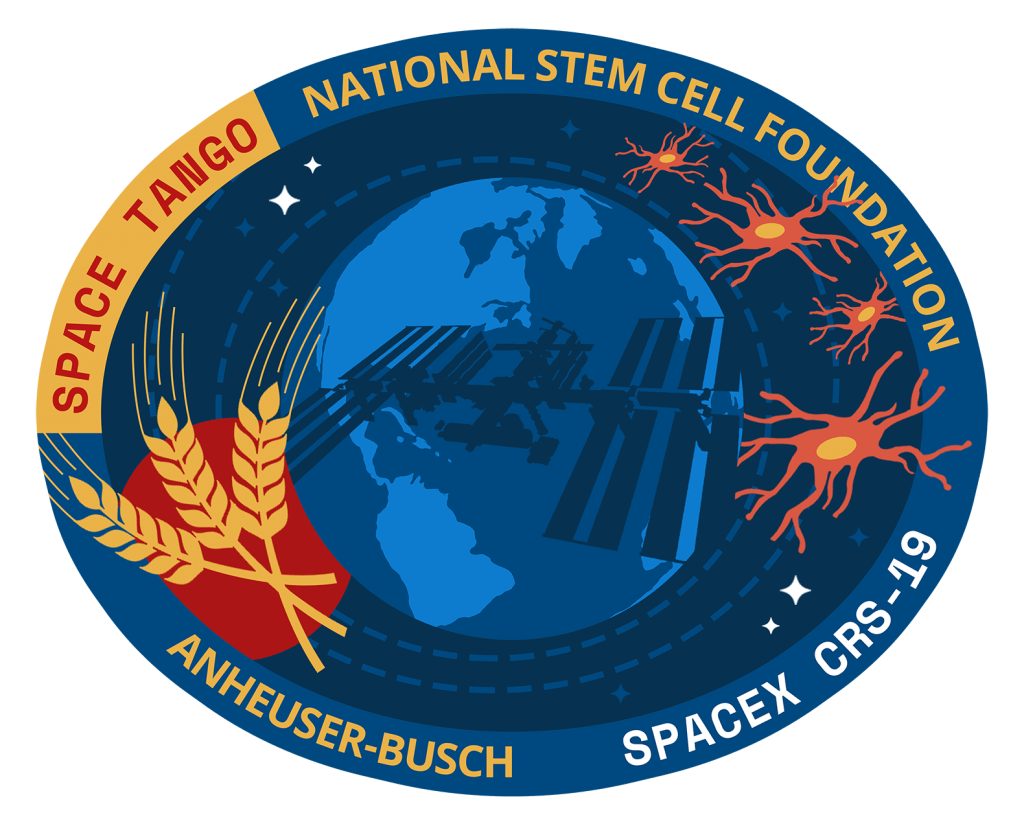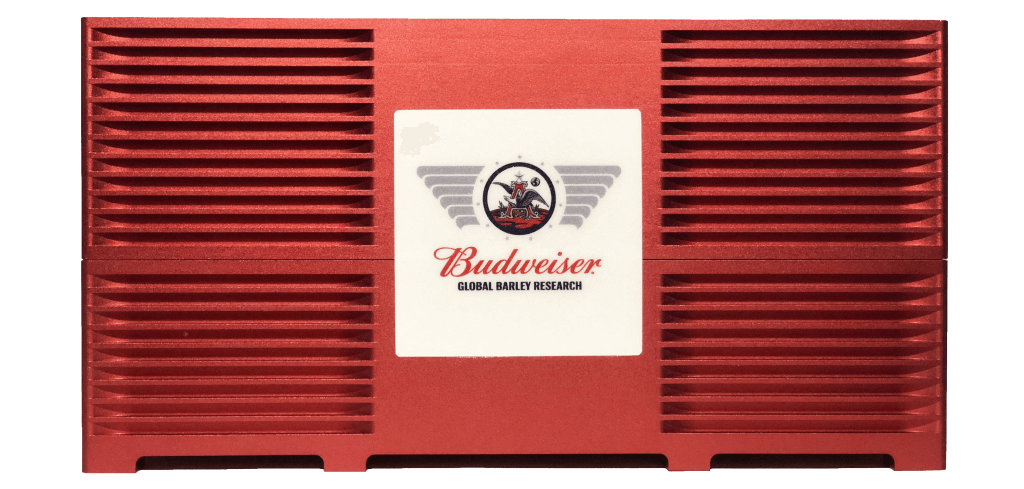
We use cookies to ensure that we give you the best experience on our website. If you continue to use this site we will assume that you are happy with it.
Ok ✕


The Effects of Microgravity on Microglia 3-Dimensional Models of Parkinson’s Disease and Multiple Sclerosis investigation studies 3D neuroglial cell cultures derived from iPSCs of patients with Parkinson’s disease and multiple sclerosis, to analyze the migratory capability of iPSC-derived microglial cells in microgravity. This investigation demonstrates how neuronal cells grow and survive in a microgravity environment, a fundamental biology topic essential to human survival in space exploration. This research will provide valuable insights into the mechanisms by which neuronal cells mature in 3Dcultures, factors influencing the migration of glial cells in organoids, and changes in gene expression that may play a role in these disease processes and may well have an impact on the discovery and development of biomarkers and therapeutics.
The Effects of Microgravity on Microglia 3-Dimensional Models of Parkinson’s Disease and Multiple Sclerosis is a collaborative investigation from the National Stem Cell Foundation, the New York Stem Cell Foundation, Aspen Neuroscience, and Space Tango. Learn more about #StemCellsinSpace at www.stemcellsinspace.org.

The Malting ABI Voyager Barley Seeds in Microgravity investigation implements a microscale malting procedure in a spaceflight environment. The payload automates the steeping, germination, and kilning processes associated with malting barley. The barley seeds arrive aboard the International Space Station (ISS) in a dry state to begin the malting process. During the steeping process, the seeds are soaked in water so that the moisture content of the barley increases. During the germination phase, the steeping water is removed and the seeds are surrounded by air. Once the seeds show early signs of germination, the system initiates the kilning process which uses heat to dry the seeds and prepare the resultant malt for stowage until return. The malt is examined upon return and compared to a control on the ground.